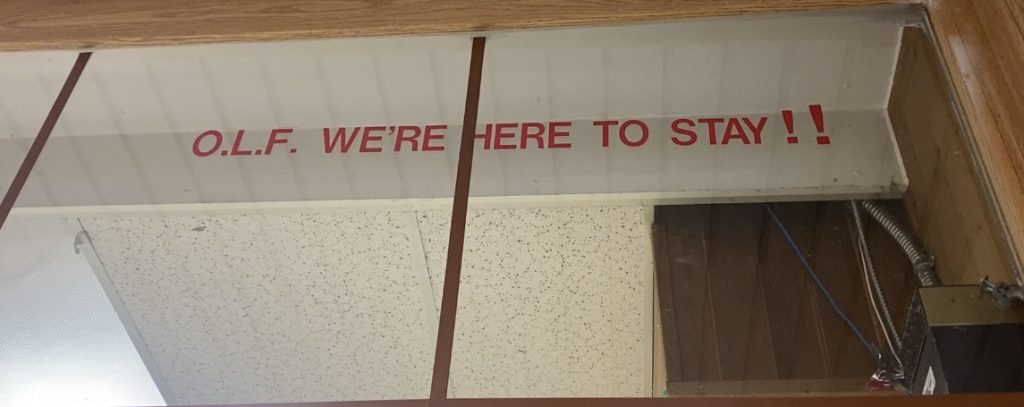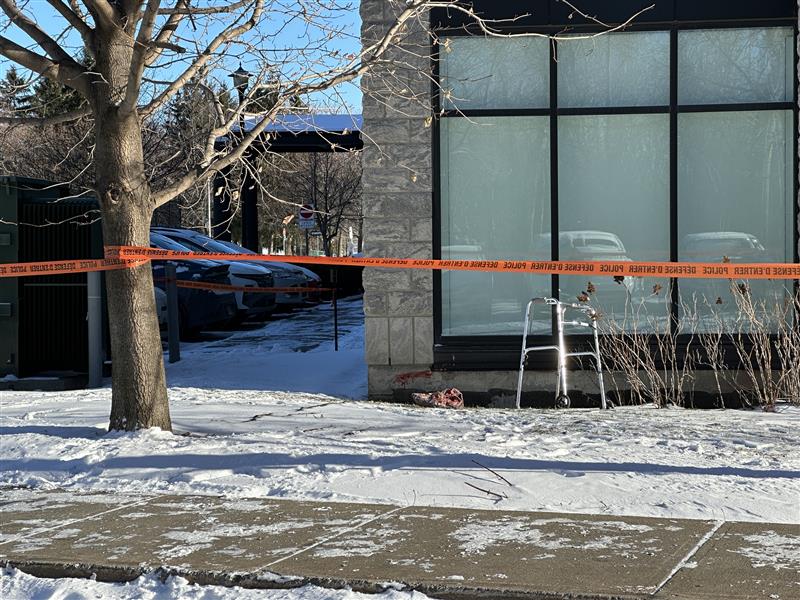Quebec’s Bill 96 introduces new provisions affecting small to medium-sized businesses

Posted June 1, 2023 3:13 pm.
Last Updated June 1, 2023 6:32 pm.
Quebec’s new language law, Bill 96, brings changes for business owners as of Thursday, now that more provisions are in effect.
“What else is new in Quebec?” asks Harry Schick, owner of Swiss Vienna Pastry shop, in Pointe-Claire since 1984. “More paperwork, more government papers, more nonsense.”
Businesses that have between five and 49 employees will now have to disclose the number of employees that aren’t proficient in French on Quebec’s public registry of businesses.
Swiss Vienna has been operating for 61 years and currently employs 12.

Harry Schick, owner of Swiss Vienna. (Alyssia Rubertucci/CityNews)
“They’re just creating problems and more harassment of the Anglos in Quebec,” says Schick. “I wouldn’t be surprised if the immigrants are going to stop coming into Quebec and go directly to Ontario or Western Canada. Who needs this aggravation?”
READ:
- Bill 96: Quebec public servants now required to make ‘exemplary’ use of French
- Group opposing Quebec’s Bill 96 launches lawsuit against province’s new language law
In an effort to make French to be the common language of the workplace, the government is imposing French learning services on businesses, directing them to Francisation Québec program to set up training for their employees unable to communicate in French.
“I’ll just sign the paper, X amount of people working there all can converse somewhat,” he said. “Nobody in this law has advised me how well they have to speak French to me.”
Employee for the last five years, Rose Cook, is fluently bilingual.
“I’m afraid because most of my family does not speak French,” she said. “I’ve been a waitress for 30 years, so I took on the language, but they don’t, so I have to be the one involved whenever it has to do with speaking French.”
Susil Perera, working in the Swiss Vienna kitchen, says he learned from before immigrating from Sri Lanka. Under the latest rule changes, immigrants will have to learn French within six months of their arrival.
“The government should give more freedom to people to learn, this way, they will learn automatically,” he said. “But if you’re going to force too much, then they might not like it.”
BACKGROUND: New provisions of Bill 96 come into effect June 1: what you need to know
Another change in effect is businesses will only have access to French-language government services.
“I will read the French document, but I will answer them in English only, it’s my right,” says Schick.
Bill 96 also allows customers who are not served in French to file a complaint directly to the OQLF, the province’s language watchdog.

(Alyssia Rubertucci/CityNews)
“Right now on the floor, five or six languages can be spoken to our customers, we’ve never had an issue with a customer, we’ve only had issues with the government,” says Schick.
“Our signs are too small; there’s too much English on our signs; we have 45 languages on our signs,” he said. “The French is not predominant. Well, too bad, this is how my store is staying.”
Schick has been to court, fighting the OQLF, several times over the last decades. He has never been issued any fines.
“I haven’t given in to them., but it’s still a form of harassment,” he says. “They just don’t leave us alone.”
A message to the government is plastered on his shop, as only unilingual sign: ‘OLF, we’re here to stay.’

(Alyssia Rubertucci/CityNews)
“I’ve already lost half of my family to Ontario. I hope my son doesn’t leave either, but I’m here for the for the long haul,” he said. “As long as they allow me to stay in business and stay here.”








